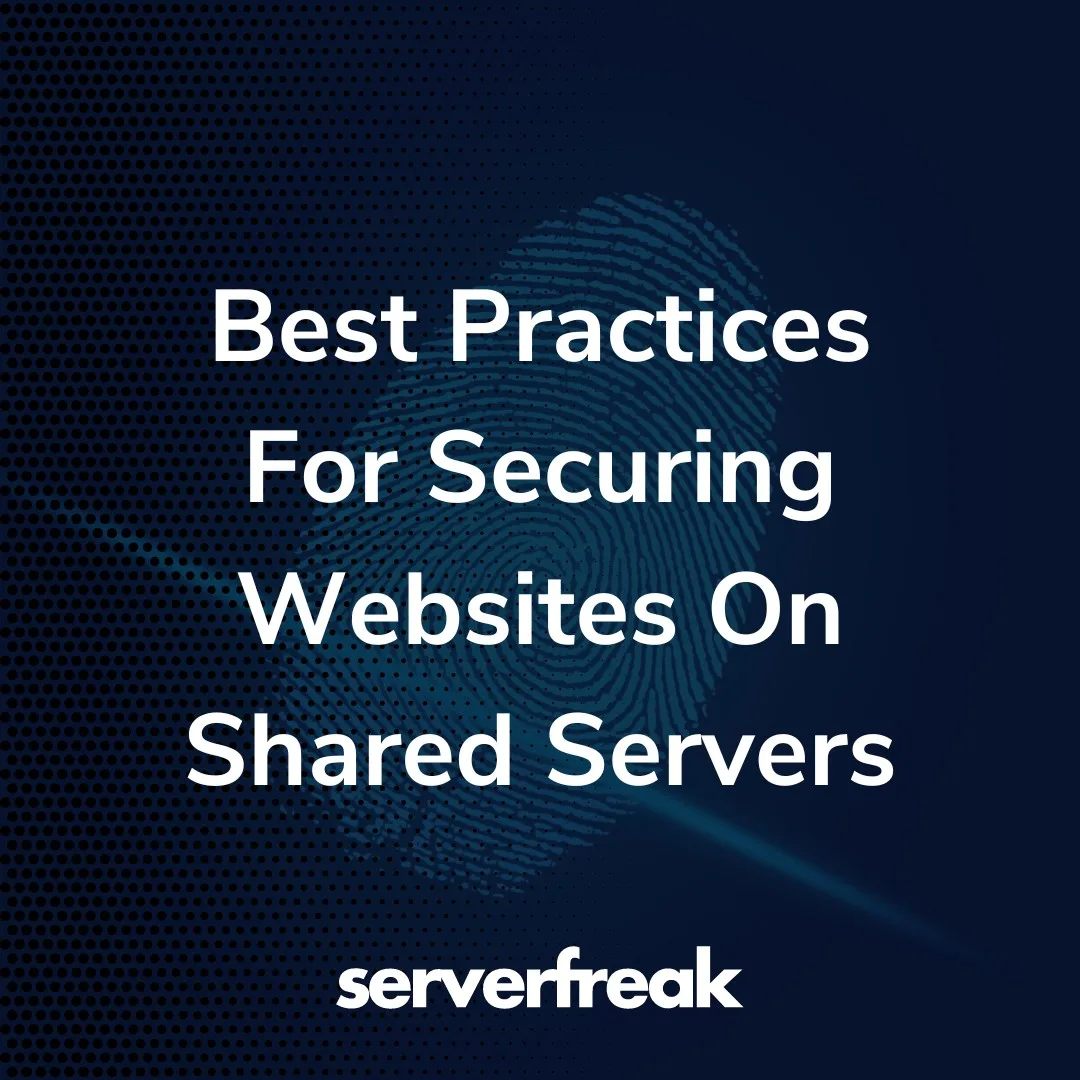Securing websites is more important than ever. Shared servers, popular for their affordability and ease of use, come with their own set of security risks. Protecting your website on a shared server involves taking several important steps to keep it safe.
By following best practices, you can reduce the risk of attacks and secure your data and users. Here are some essential tips for securing websites on shared servers:
1. Use Strong Passwords:
Ensure all accounts, especially administrative ones, use strong, unique passwords that are regularly updated.
2. Keep Software Updated:
Regularly update the operating system, server software, and all installed applications to patch known vulnerabilities.
3. Implement SSL/TLS Encryption:
Use SSL/TLS certificates to encrypt data transmitted between the server and clients, preventing Man-in-the-Middle (MitM) attacks.
4. Limit Access and Permissions:
Grant the minimum necessary permissions to users and processes, adhering to the principle of least privilege.
5. Regular Backups:
Perform regular backups of the website and database to recover quickly from attacks or data loss.
By following these best practices, website owners and administrators can significantly reduce the risk of security breaches and ensure a safer environment for their users, even when hosted on shared servers.
Visit help.serverfreak.com for further details or contact us via private message.

Hand-picked related articles
Ways to Improve Your Site’s Ranking (SEO)
Use these actionable tips to take your SEO to the next level and send your website ranking up to the top of the search engine rankings. Gain more visibility, drive organic traffic, and set your…
Benefits Of SEO
Whether it's a new business or growing one, just think of your business popping up on the first page when…
Who Should Use Shared Hosting
If you fall into any of the categories below, shared server hosting might be suitable for you: 1. Small Businesses…
ServerFreak is ISO 27001:2022 certified
Here are 5 great reasons to cheer Firstly, let us tell you about the cert. ISO 27001:2022 is the world’s…